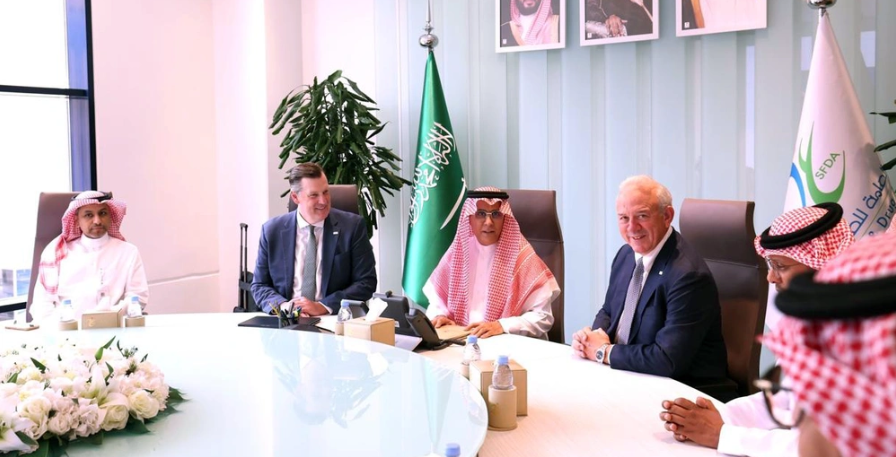The organizations will work together to develop best practices for medical device safety and emerging technologies, including artificial intelligence and biotechnology.
The Association for the Advancement of Medical Instrumentation (AAMI) has signed a memorandum of understanding with the Saudi Food and Drug Authority (SFDA), cementing a mutual commitment to enhance collaboration in the Saudi medical device sector.
“In this era of rapidly evolving technologies, enhancing medical device efficacy and patient safety is a global concern, and best practices should never be siloed to any one nation,” says AAMI chief learning and development officer Robert Burroughs, who recently returned from a visit to the headquarters of the SFDA in Riyadh, Saudi Arabia.
“SFDA’s commitment to transforming their healthcare sector is an incredible example of our shared mission,” Burroughs adds in a release. “AAMI’s mission is centered on continuously advancing the development, management, and use of safe and effective health technology. Patients in Saudi Arabia and across the Gulf region will benefit from our joint work to develop and promote global best practices.”
The joint effort will focus on the sharing of information and scientific understanding, focusing specifically on advanced technologies such as artificial intelligence and biotechnology. This collaboration will enable the development of guidance and best practices related to the use of these rapidly developing technologies.
The agreement was signed by SFDA’s executive vice president for medical devices sector Ali Al-Dalaan during a visit by an AAMI delegation led by chairman of the AAMI board of directors, Walt Rosebrough. The memorandum of understanding is part of the SFDA’s ongoing campaign to collaborate with international organizations to strengthen local quality standards and boost the growth of Saudi Arabia’s medical technology ecosystem. Called the Health Sector Transformation Program, the campaign is just one of the initiatives under Saudi Arabia’s Vision 2030.
“Vision 2030 is transforming the socioeconomic landscape of the country,” reads the program’s official overview. Of note, there is an emphasis on “fostering greater global integration and enhancing governmental efficiency,” in which standards development may play a key role.





